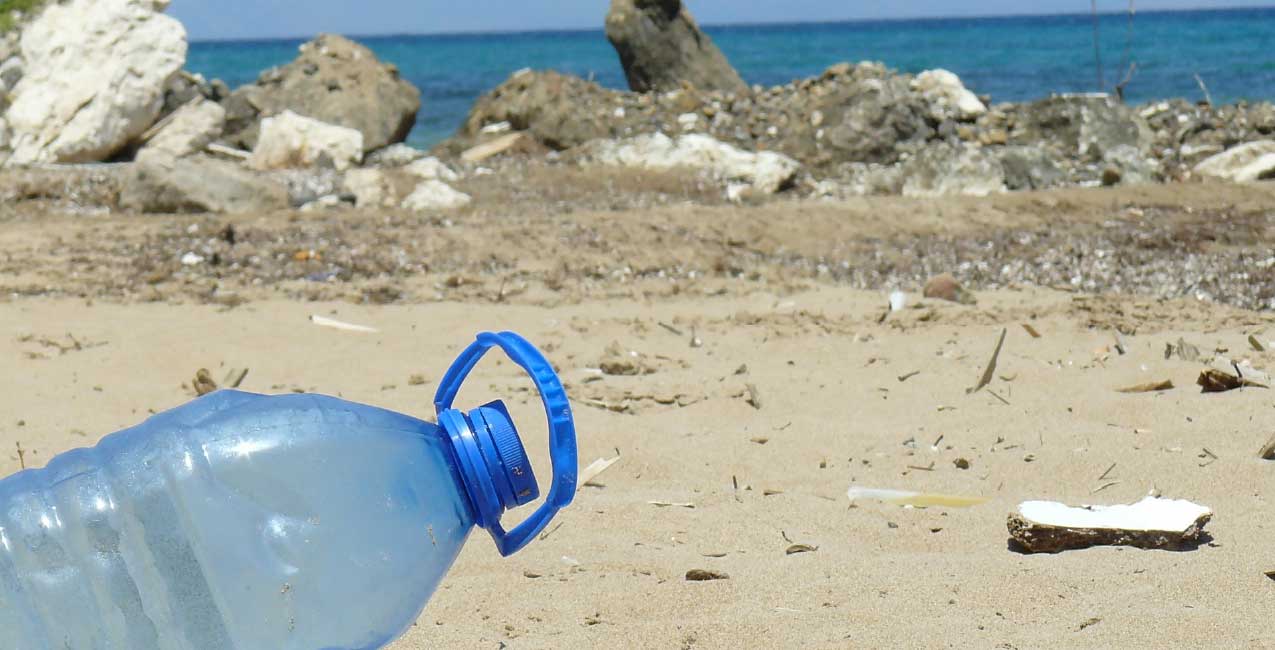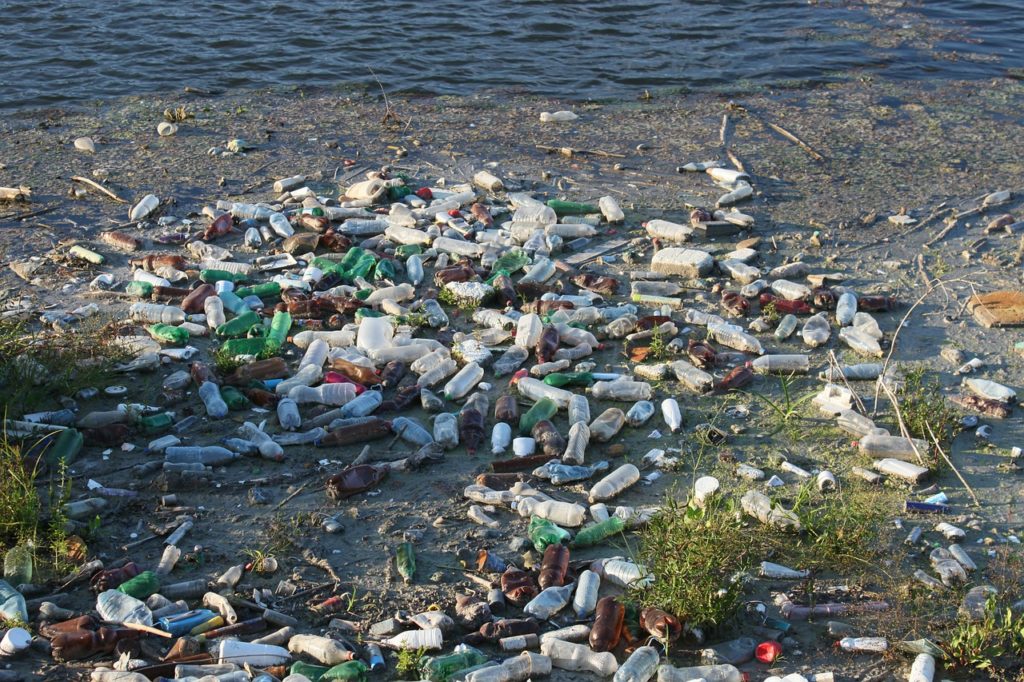- Empty cart.
- Continue Shopping
Plastic hungry enzyme ignites hope for better recycling

Plastic hungry enzyme ignites hope for better recycling
Scientists from Portsmouth University, have improved a natural occurring enzyme that has the ability to digest some of our most commonly polluting plastics.
PET, the plastic used in bottles, if let in the environment takes 100s of years to break down. The new modified enzyme, knows as PETase, can start breaking down the same material in a few days. This could be a major revolution in the recycling process, allowing plastics to be recycled and re-used better.
Ideonella sakaiensis, originally discovered in Japan uses plastic as its major energy source. It was first found at a bottle recycling site in the port city of Sakai in 2016.
The enzyme is still a few years away from commercial use as it needs further refinement and engineering to optimize costs. But this is a clear example of accelerated science and holds great hope for our future.
Read more at BBC News.







